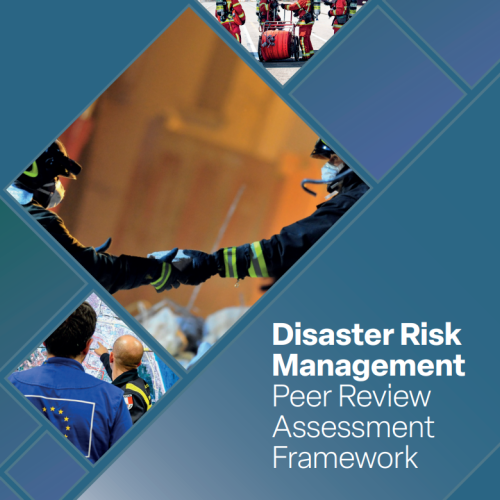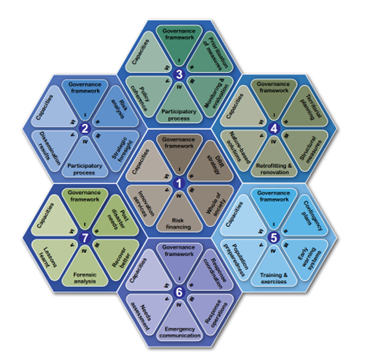
New analytical framework for the UCPM Peer Reviews
A new Disaster Risk Management Peer Review Assessment Framework (DRM PRAF) has just been published. It represents an important evolution in disaster risk governance. Drafted through a participatory process, the framework aims to enhance resilience against evolving risks while aligning with sustainability and climate adaptation goals.
